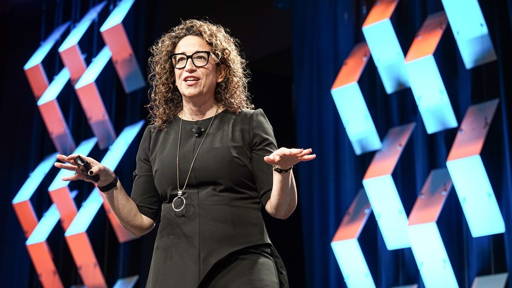The intention to work together more actively was expressed by various hospital administrators, Chief Medical Information Officers, IT experts and ICT suppliers. Right now physicians and nurses do not automatically have access to all digital data concerning patients in their own hospital or from other hospitals. It is however important for doctors and nursing staff to have the right data for patients quickly. That way they can treat people who need care faster and better.
PROBLEMS IN DATA EXCHANGE
Last September Dutch media wrote about structural problems concerning data exchange between hospitals. Lack of interoperability endangers the safety of patients and create a lot of administrative nuisance. Several organizations made calls for improvement of this situation. The V&VN association (nurses and caretakers) and the
NVZ (general hospitals) underlined the need for IT suppliers to make their systems more interoperable, so that duplication of work and pasting is a thing of the past. The Dutch Ministry of Health, Welfare and Sport (
VWS) has stated since then that it will look at the possibility of more government regulation and agreements laid down in rules on improving data exchange.
REQUIREMENT PROGRAM TRANSLATED TO PRACTICE
Following a decision by the Information Council, hospitals have now presented a common vision and a program of requirements for data exchange between hospitals. This program will be developed further together with IT suppliers and translated into concrete agreements between hospitals and suppliers who develop services and products for the healthcare sector. According to the Information Council, this should contribute to getting the right information to the right place and thus getting the right care for patients. This is one of the four outcome goals of the consultative body.
Hospitals have given IT suppliers indications as to what they need for improving the exchanging of data between hospitals. The following three requirements have been stipulated:
Integration Basic data set Healthcare and healthcare information building blocks: all hospitals ask their suppliers to integrate the Basic Data Set Care (BGZ) and the health information building blocks. This allows data to be registered once and then be exchanged and reused. IT suppliers must ensure the exchange of the BGZ and as many of the other healthcare information building blocks as possible by the end of 2019 are demonstrably effective.
Open access to data: all hospitals ask their suppliers to ensure that innovative third-party applications can read patient data from and add to EHR systems in a structured way. The technique used here is the 'application programming interface'.
Connection to regional XDS Infrastructures: all hospitals ask their suppliers to ensure that connection to regional and standardized XDS infrastructures becomes possible.
ROADMAP FOR SAFE EXCHANGE
The aforementioned requirements were embraced by the three suppliers of EHR systems in the Netherlands (Epic and Dutch supplier Chipsoft have the biggest market share, ed.). Together with the hospitals, they will make concrete agreements and a roadmap in the short term so that the digital and secure exchange of data between hospitals can be realized step by step in the coming years. This new and innovative approach must lead to a successful introduction of the digital and safe exchange of patient data in hospital care.








